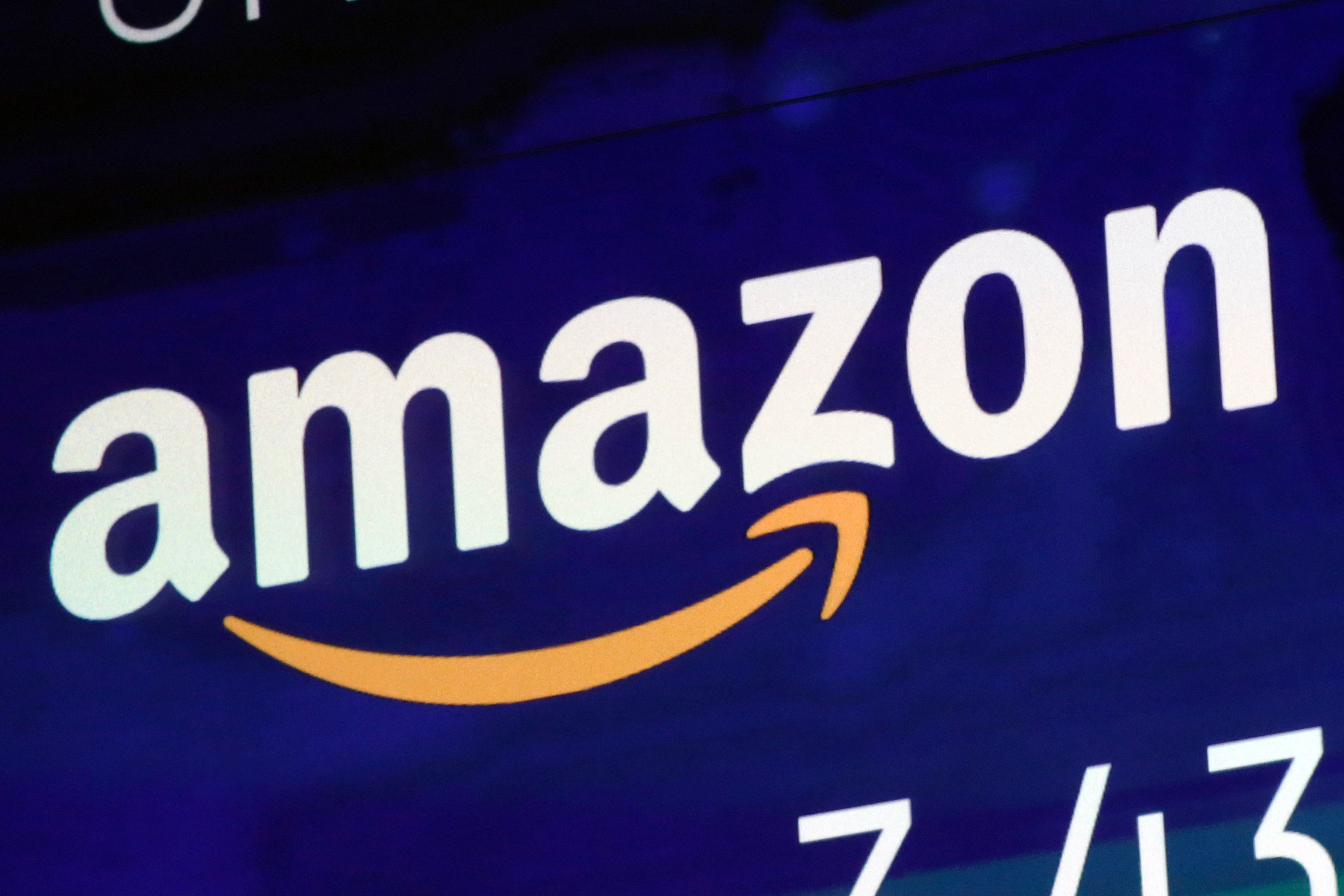Visa, Amazon announce worldwide payment agreement
Visa Inc. and Amazon

Your support helps us to tell the story
From reproductive rights to climate change to Big Tech, The Independent is on the ground when the story is developing. Whether it's investigating the financials of Elon Musk's pro-Trump PAC or producing our latest documentary, 'The A Word', which shines a light on the American women fighting for reproductive rights, we know how important it is to parse out the facts from the messaging.
At such a critical moment in US history, we need reporters on the ground. Your donation allows us to keep sending journalists to speak to both sides of the story.
The Independent is trusted by Americans across the entire political spectrum. And unlike many other quality news outlets, we choose not to lock Americans out of our reporting and analysis with paywalls. We believe quality journalism should be available to everyone, paid for by those who can afford it.
Your support makes all the difference.Visa Inc. and Amazon.com Inc. announced an agreement Thursday that allows customers to use Visa cards on Amazon sites worldwide without additional fees.
The companies also agreed to collaborate on product and technology initiatives for “innovative payment experiences,” Visa said in an email.
Credit card fees have been a growing source of tension between Amazon and Visa. Last year, Amazon started charging customers in Australia and Singapore who use Visa credit cards a 0.5% surcharge.
Under the agreement, Amazon’s amazon.co.uk site in Britain will no longer turn off Visa credit cards. Customers in Australia and Singapore will no longer pay the surcharge for using Visa.
Last month, Amazon’s British website backed away from plans to stop accepting Visa credit cards issued in the United Kingdom, saying the two sides were talking.
Amazon had announced the move in November, blaming “the high fees Visa charges for processing credit card transactions.”
Any credit card transaction involves various fees, such as an “interchange fee” that the shopper’s bank pays to the retailer’s bank and other costs like service and technology charges. It wasn't clear which fee was the focus of the U.K. dispute.